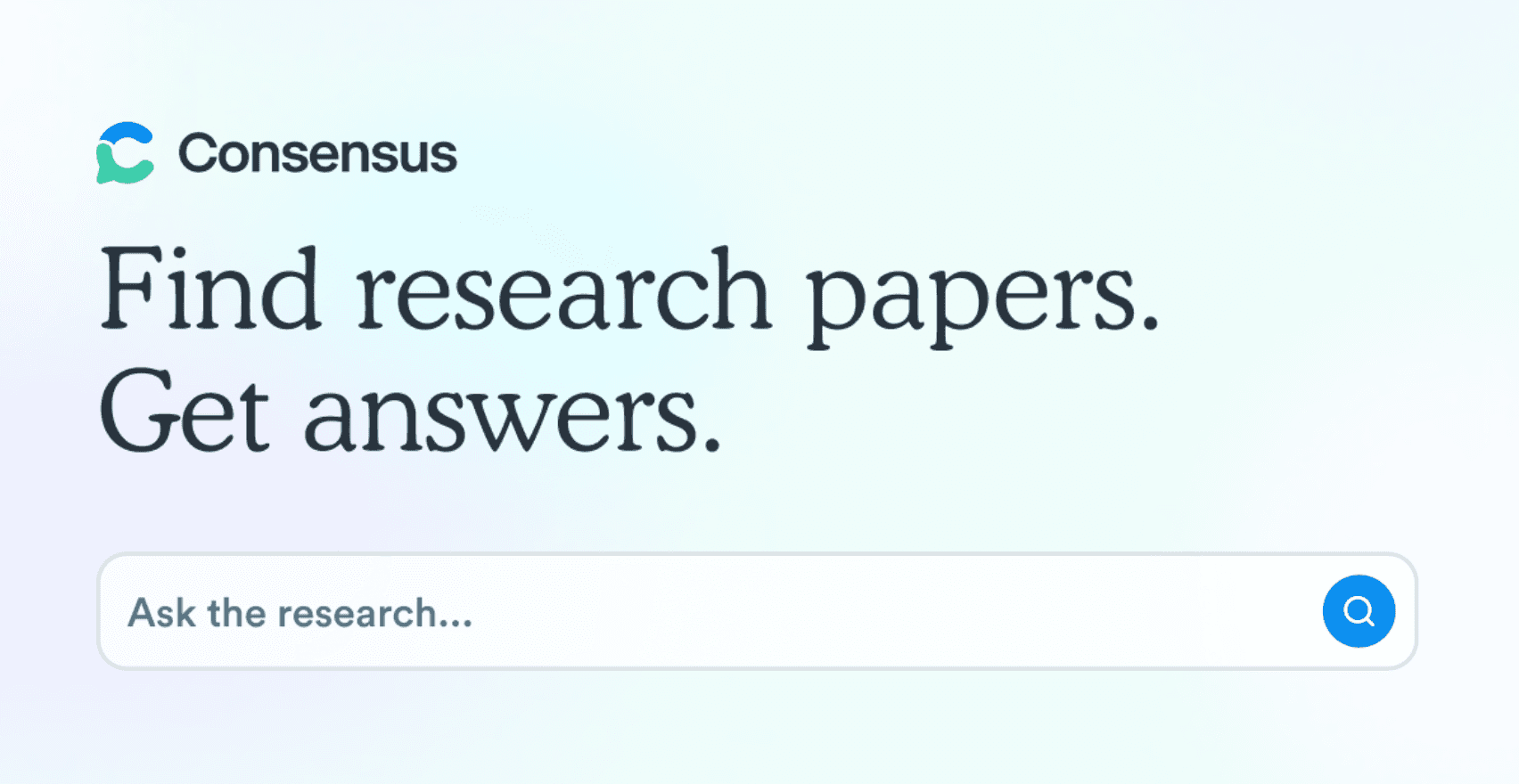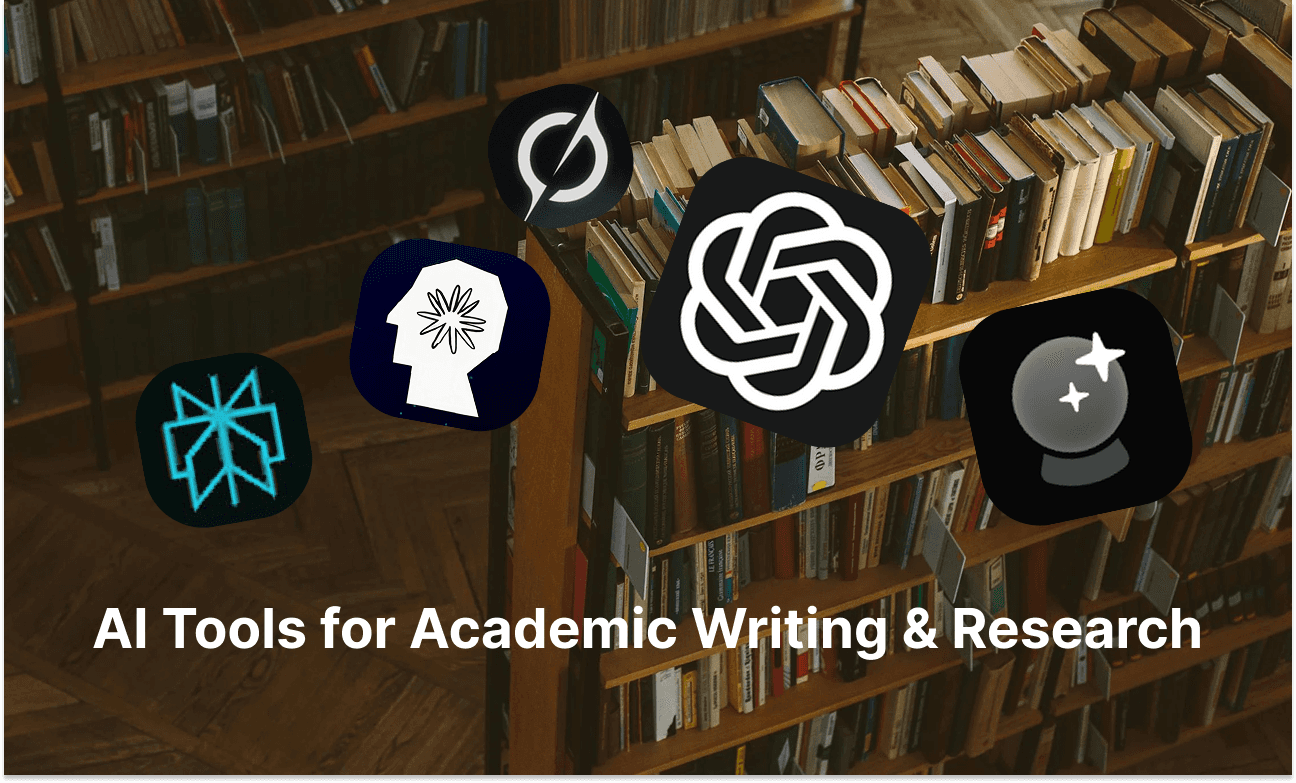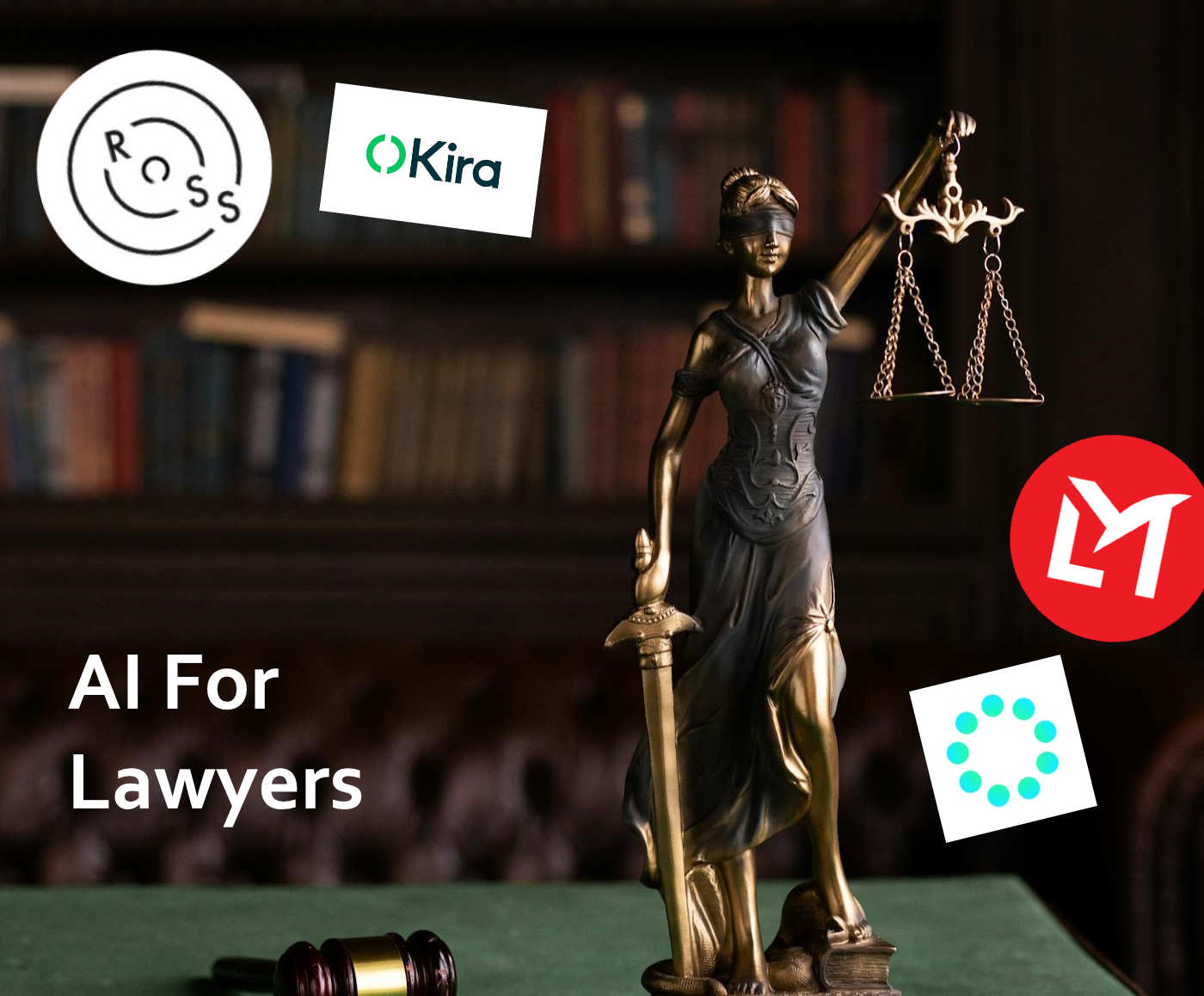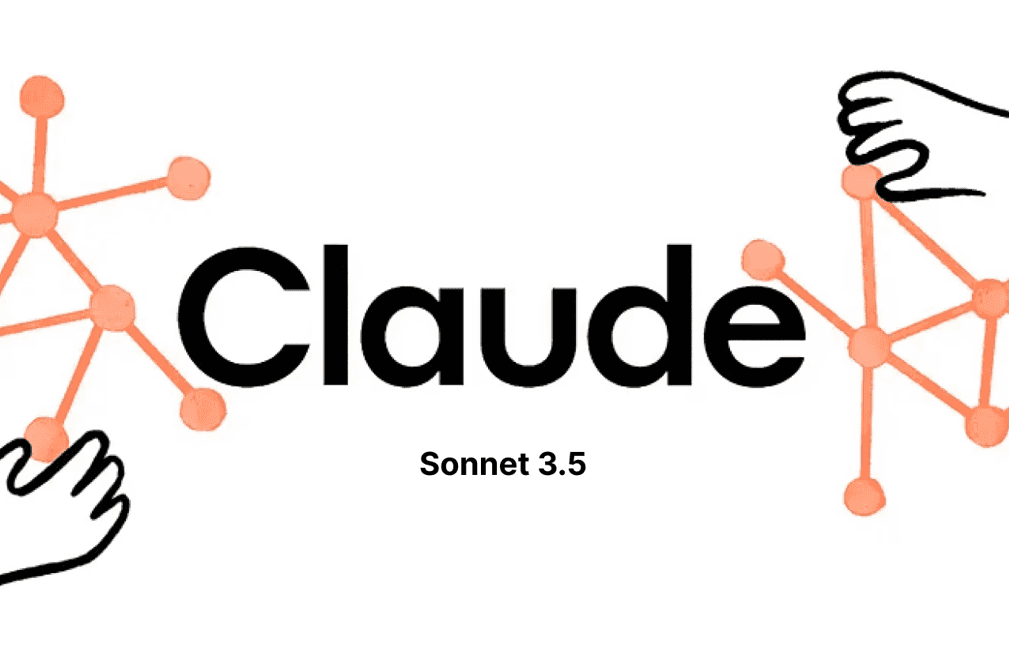Mar 22, 2025
Let's discover AI tools that make academic research and medicine much easier. Here are platforms like ChatGPT, Perplexity and Writingmate AI
If you are a student or do any kind of academic research, I think you need to know how to make the most out of AI models. At first, it seems that AI tools like ChatGPT make learning easier and spread knowledge more widely. But it also has some hick-ups and things to be aware of. Academic research tools and AI in general may be useful, but they can sometimes give biased or some erroneous information. So, how to use AI in a best way possible? What are the tools to consider?
My name is Artem and in recent years I have tested, tried (and developed) numerous AI tools, including those that help in research and ai for academics. Let's find out the optimal tools, both from my own experience and the newest updates as of 2025.
How to Use AI Effectively
If you want to use AI in academics, I recommend to try a method called incremental prompting. What? It is simpler than it sounds. This just means tht you break big, large, huge tasks into smaller, easier steps. It was first used in therapy and special education. It helps AI like Writingmate give better answers by building up complexity gradually.
For example, if you're writing a journal article, start by talking about specific ideas with ChatGPT or Writingmate AI. Then, look into authors and their thoughts and help the AI understand the background. Once the AI gets the project, it can help create an outline. By expanding on each point in the outline, you can quickly write a strong first draft of your paper.
Here are my articles in which I have written more tips & hints about using AI you may find in these articles:
AI Tools for Academic Research
ChatGPT is a strong contender for academic writing and engaging in mock discussions with experts, but the filed of AI in research doesn't end there. It includes several applications aimed at making academic research easier.
Writingmate
Writingmate provides access to over 200 popular and niche AI models, including their advanced or pro versions. What models can you use? GPT 4o in full, Claude 3.7 Sonnet, OpenAI o1, o3, DeepSeek R1, Llama 3.2, Gemini, Mistral Large, Perplexity and a lot more.
This means that you can choose the model that best fits your specific needs of a research project that you do. For instance, one model may excel in data analysis, while another might be better suited for language translation or if you want to do some creative content.
And given this diversity of the AI models available on Writingmate, scholars from virtually any academic discipline can find useful plugins for their research. For example: humanities scholars can use AI for textual analysis and interpretation, while those in the sciences might leverage AI for complex calculations, data modeling, or even some predictive analytics.
One of the distinctive features of Writingmate is its Web Search plugin, which allows the AI models to access the internet directly. This capability can be extremely useful for literature reviews, fact-checking, and also staying up-to-date with the latest researches.

ChatLab's Assistants for medical students
ChatGPT's Deep Research feature is a powerful tool that enhances academic research capabilities. It allows users to explore complex topics with comprehensive insights and detailed analyses. This is especially useful for researchers needing in-depth understanding and nuanced perspectives. By utilizing large datasets and advanced algorithms, Deep Research uncovers patterns and connections that might not be immediately visible. This offers a level of depth and accuracy valuable in academic settings.
Writingmate provides a similar feature and applies it to a wider range of AI models. With access to over 200 AI models, Writingmate extends deep research capabilities across various domains. Users can select the most suitable model for their specific research needs, with a lot of insights and analyses. This makes Writingmate an all-in-one tool for your academic research.
Perplexity
Perplexity can also function as a standalone AI-powered search and research assistant that can be highly useful for academic research and for medical students. Perplexity, as far as public info goes, is primarily trained on factual information and structured data. Maybe that is why I find it to be a powerful tool for research and some knowledge discovery.

Let me name some key features that make Perplexity useful for academic and medical research:
Advanced summarization capabilities for complex articles and human-like explanations, making information easily digestible.
Support for various media formats like images, videos, and PDFs, enhancing the richness of responses.
Specific features for PDFs that enable faster, more relevant answers for research queries.
A Co-Pilot feature that refines search results through interactive queries, providing some very specific responses.
Perplexity AI is also available inside Writingmate with a single Writingmate subscription, that also comes with 200 more AI models, including GPT4o, Claude 3.7 Sonnet, Gemini, Llama and more, with much less limits.
Google Scholar
Google Scholar is an AI-powered academic search engine build by Google that helps researchers and scholars find and access relevant scholarly literature. Google Scholar is one of the top AI tools for academic research, as it allows users to easily stay up-to-date on the latest research papers, scholarly articles, conference papers, and theses. Its simple and user-friendly interface makes it a valuable resource for academic research.

Consensus
Another notable AI-driven software is Consensus. If you imagine a union between ChatGPT and Google Scholar, Consensus would be their offspring — a search engine that specializes in providing definitive answers sourced from academic consensus.
Unlike typical search engines, Consensus allows users to pose Yes/No questions. It responds with the collective agreement of the academic community, listing and summarizing the top papers that form the basis of its answers. Currently, Consensus covers topics like economics, sleep, social policy, medicine, mental health, and health supplements, offering insights such as the positive economic impacts of immigration based on numerous studies.

Scite.ai
I have earlier said that AI models can lie. But while language models such as ChatGPT are not inherently misleading, in some cases they really do generate unfounded text or cite non-existent papers. Scite.ai tries to solve this because it gives real citations from genuinely published papers. "This is one of my favorite tools to enhance academic workflows," remarked an academic named Bilal. Scite not only answers queries with a detailed citation list but also quantifies the support or refutation for any claim across various journals, making it a powerful resource for AI for research.
It might described with a quote: "If I were teaching a seminar on academic writing, this app would be my go-to demonstration".

Research Rabbit
I heard that it is often called something in line of "the Spotify of research." Research Rabbit is free and underutilized in the academic community and it allows people to organize papers into 'collections.' These collections then help the software tailor recommendations based on the user's interests, much like how Writingmate AI personalizes responses. Furthermore, it enables visualization of scholarly networks through graphs, showing connections between papers and co-authors. This feature allows researchers to delve deeper into specific topics or authors, making it an indispensable tool for anyone involved in AI for academic research.
ChatPDF
ChatPDF simplifies the process of reading and analyzing academic papers, functioning as an "AI for research" tool tailored to streamline academic studies. It's similar to ChatGPT but focused on research papers. Users begin by uploading a PDF of the research paper into the app; this then not only generates a concise summary but also suggests potential questions the user might ask, based on the document's content. This makes it useful for students and researchers, especially in sectors like AI in medicine.

Elicit.org
Dubbed "the AI research assistant" by its creators, Elicit.org is also decent enough to be AI for academic research. This tool leverages language models to facilitate "intelligent conversations" and brainstorming sessions based on a robust database of research. It's great when it comes to summarizing relevant academic papers, even without perfect keyword matches, and can extract essential information to assist researchers and students.
What's the Future of AI in Academic Research?
From what I see here, this trajectory of AI for academic research, when AI tools become more and more useful for scholars, will continue. Also, Bill Gates has just emphasized the profound impact AI is expected to have on various sectors, including education, in a recent blog post titled 'The Age of AI Has Begun'. He noted that while computers have not yet fully realized their potential in education, AI-driven software is on the cusp of revolutionizing educational methodologies within the next decade. This will (hopefully) benefit AI for research and offer all the tools that change how knowledge is taught and absorbed. Will it become a major leap forward for educational practices? I think it already has.
Try Writingmate and its best models including GPT4o, Claude 3.7 Sonnet, Perplexity, Llama 3.2 and more, all specifically for academic research, fact checking, writing and much more. Many of the models and features are free, and those that are not, come with one single subscription instead of multiple chatbot subscriptions that some are already used to. Saves time, saves money, has better performance and a lot of features that are useful to students, scholars and researchers specifically.






